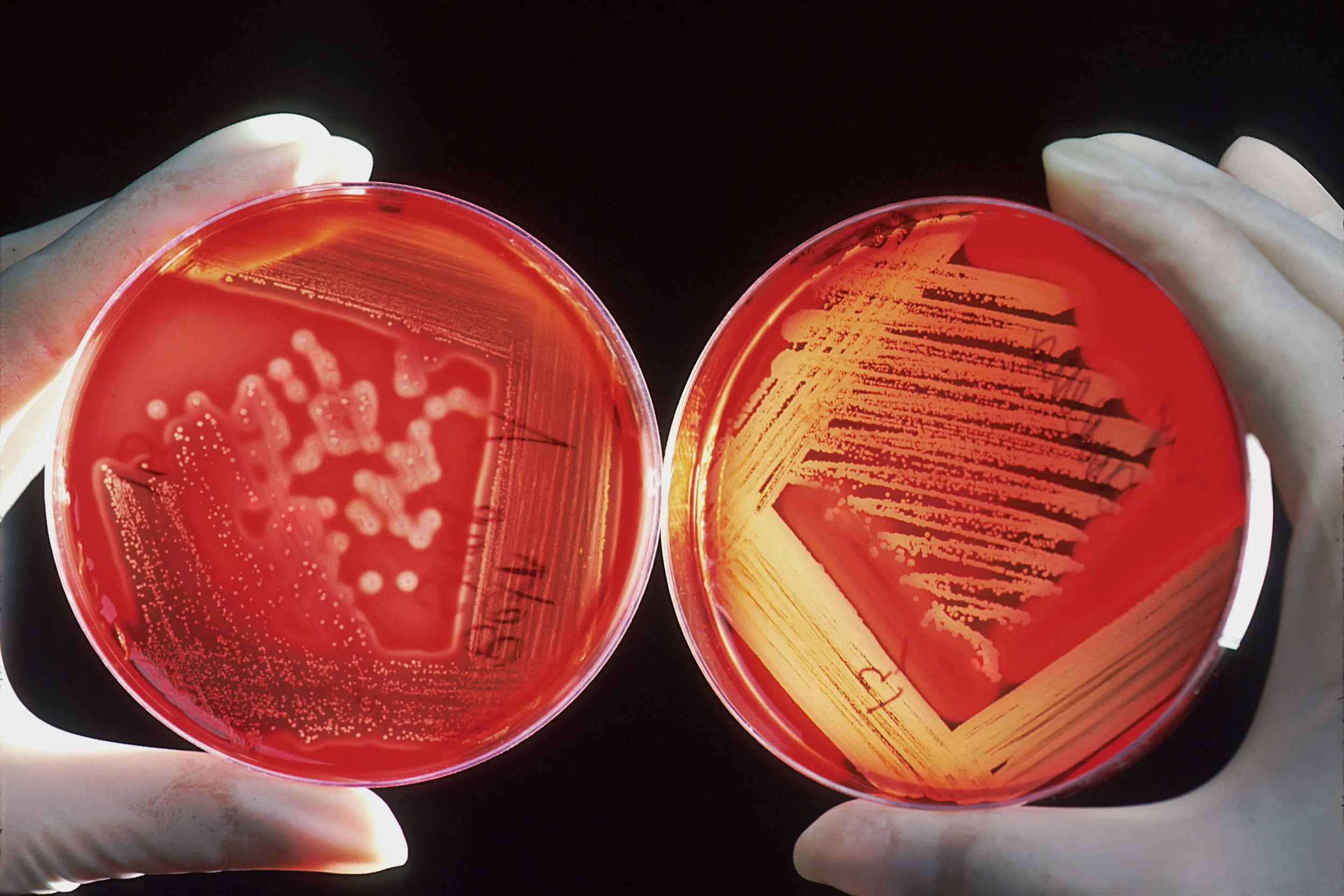Landau Lab Breakthrough Promises Early Cancer Detection
New AI-powered technology for detecting tumor DNA in blood has demonstrated unprecedented sensitivity in predicting cancer recurrence
The innovative method, called MRD-EDGE, uses advanced machine learning to identify subtle patterns in circulating tumor DNA (ctDNA) from blood samples, distinguishing cancer signals from noise with remarkable accuracy. This approach enables the detection of cancer recurrence months or even years earlier than standard clinical methods, as well as precise tracking of tumor responses during therapy.
The study, published in Nature Medicine, highlights MRD-EDGE’s success across multiple cancers, including lung, breast, and colorectal cancers, and even precancerous polyps. In colorectal cancer patients, the technology accurately predicted residual cancer months before recurrence was detectable by traditional means, with no false negatives. Researchers believe this breakthrough could revolutionize cancer care, offering earlier interventions and improved patient outcomes. The team plans to collaborate with industry partners to deliver this groundbreaking tool to clinical practice.
“We were able to achieve a remarkable signal-to-noise enhancement, and this enabled us, for example, to detect cancer recurrence months or even years before standard clinical methods.”
Study co-corresponding author Dr. Dan Landau, a professor of medicine in the division of hematology and medical oncology at Weill Cornell Medicine and a core faculty member of the New York Genome Center

